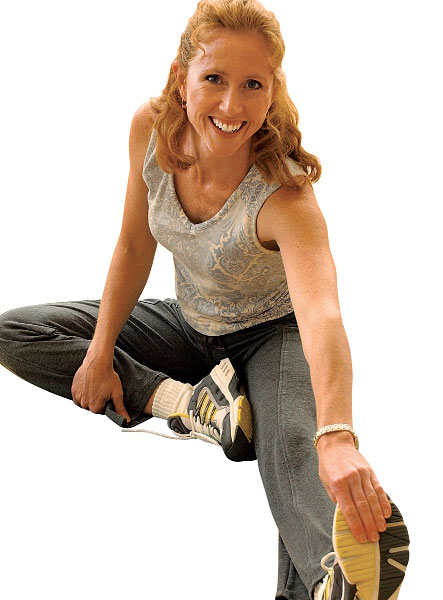Get answers to common questions about metabolism

What is metabolism?
According to Mayo Clinic, “Metabolism is the process by which your body converts what you eat and drink into energy. During this complex biochemical process, calories in food and beverages are combined with oxygen to release the energy your body needs to function.”
The rate at which your body turns food into energy is unique to you—it might be fast, or it might be slow. Your metabolism is working when your body is at rest, and when it’s on the move.
Some things that contribute to the speed of your metabolism are things you can’t control—like your gender, genes and age.
A great way to learn about your metabolism is to sign up for a Metabolic Assessment at the YMCA. You’ll get a baseline for your current metabolism, which you can then track against over time.
How does metabolism change with age?
According to Weight Watchers, metabolism slows with age. Naturally, we lose muscle mass as we age, which contributes to slowed metabolism.
What that means is that if you maintain the same level of activity at age 25 and at age 50—you likely should consume fewer calories to maintain the same body weight. Or, if you consume the same amount of calories—activity levels should increase proportionately.
Is there anything that can boost metabolism?
The good news is that there is a factor you can control when it comes to metabolism, and that is exercise. Crash dieting won’t do it. Supplements won’t do it.
WebMD and the American Council on Exercise both cite two primary ways to challenge your muscles and help stop a slowdown in your metabolism:
- Aerobic exercise (like running or Zumba) will help burn calories
- Strength training will help make your muscles more efficient at burning calories—even when you aren’t working out